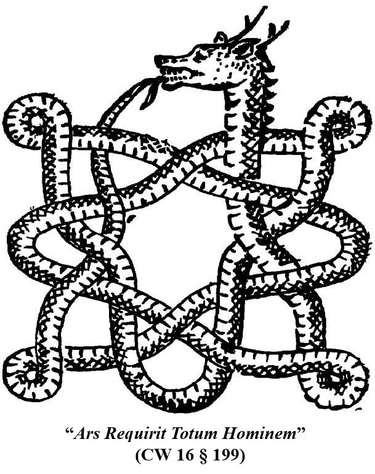
Panel of Jungian Analysts
Ms. Lisbet Myers Zacho
IAAP/DSAP


Ms. Henriette Heide-Jørgensen
IAAP/DSAP


Henriette Heide-Jørgensen, Ph.D (DK): Jungian analyst in private practice since 2003, former member of the training committee at the Jung Institute in Copenhagen, training analyst and supervisor. Doctor of Philosophy in Psychoanalytic Studies (Ph.D) from the University of Essex in 2019. MA in Theology from the University of Aarhus, Denmark and a former pastor in the Danish Church.
Area of Interest
Revisiting Jung’s Psychology of Religion in Light of the Relational Turn and the Resurgence of Religion in Organised Forms
Abstract
The overall aim of this thesis is to revisit Jung’s psychology of religion in the light of observations in a clinical case and developments in culture and psychology regarding the relational turn and the resurgence of religion reflected in the clinical case. The method chosen is the psychoanalytic research circle: on the basis of the clinical material, research aims are provided and thereafter theoretically substantiated.
The analytical process demonstrated a three-phased structure consisting of dissolution, reintegration and a middle phase of ‘liminality’. In this phase, both numinous symbols and symbols from organised religion occurred. The numinosity of the first kind of symbol was seemingly more related to the transformation of the early-formed structures of a relational character than to archetypes, and the first research aim is to argue for this. The organised symbols seemingly functioned as containers in this phase of transformation. The second research aim is to argue that symbols from organised religion, because of their fixed and non-personal character, may function as temporary substitutes in the liminality phase while the individually-informed symbols change. The organised symbols seem to be individually and consciously chosen from among the repository of organised religion; as such, they are not spontaneous productions from the unconscious. As not all religious symbols seem suitable to contain transformation of such a fundamental character, a third aim is to establish a tool for evaluating religious experiences on the basis of a working definition of religion that includes more aspects (institution – experience – existence) than Jung’s definition of religion as an experience of the numinous.
All three aims offer additional perspectives on Jung’s psychology of religion, which is not adequately described in the existing literature on Jungian psychology. Thus, this thesis seeks to contribute to the redressing of this lacuna on a theoretical basis.


Ms. Ann-Christin Berg
Jungian Analyst, Norway


Ms. Charlotte Sjöström
Jungian Psychoanalyst, DSAP, IAAP Lic.
Psychotherapist, SAPU,
Aut. Supervisor
MCAT, BC-DMT
Ms. Charlotte Sjöström is a Jungian Analyst, from the C. G. Jung Institute, Denmark, 2019. She works in private practice in Stockholm Sweden and is a member of the teaching committee for Analysis in Copenhagen.
She is a licensed Psychotherapist, 2015 and Supervisor/Teacher in Psychotherapy from the Scandinavian Academy of Psychotherapy 2020. She has completed Marion Woodman’s Leadership-training in ‘Body Soul Rhythms’ 2012 and holds a Master degree in Creative Arts therapies, Dance Movement Therapy from Laban Centre London, UK 1994. She has worked as a licensed Physiotherapist.
Published Papers:
1. Sjöström, C. ( 2020). Moving towards Soul-an alchemical journey, Rehabilitation of women suffering from chronic pain in a clinical and Jungian context’. Journal of Analytical Psychology, 65, 5, 839-864.
2. Sjöström Flanagan C, ‘(2004) Creative Arts Therapies In the Rehabilitation of Chronic Pain – Movement and Metaphor, reflections from clients and therapist’. Nordic Physiotherapy, 8, 120-131.
3. Bullington J, Flanagan C, Nordemar K, Nordemar R,(2005). From pain through chaos toward new meaning. Two case studies. Int. J. Arts in Psychotherapy, April.
Contact:
www.pangucreativehealth@yahoo.se
Mobile: +46739144646 (Stockholm, Sweden)
